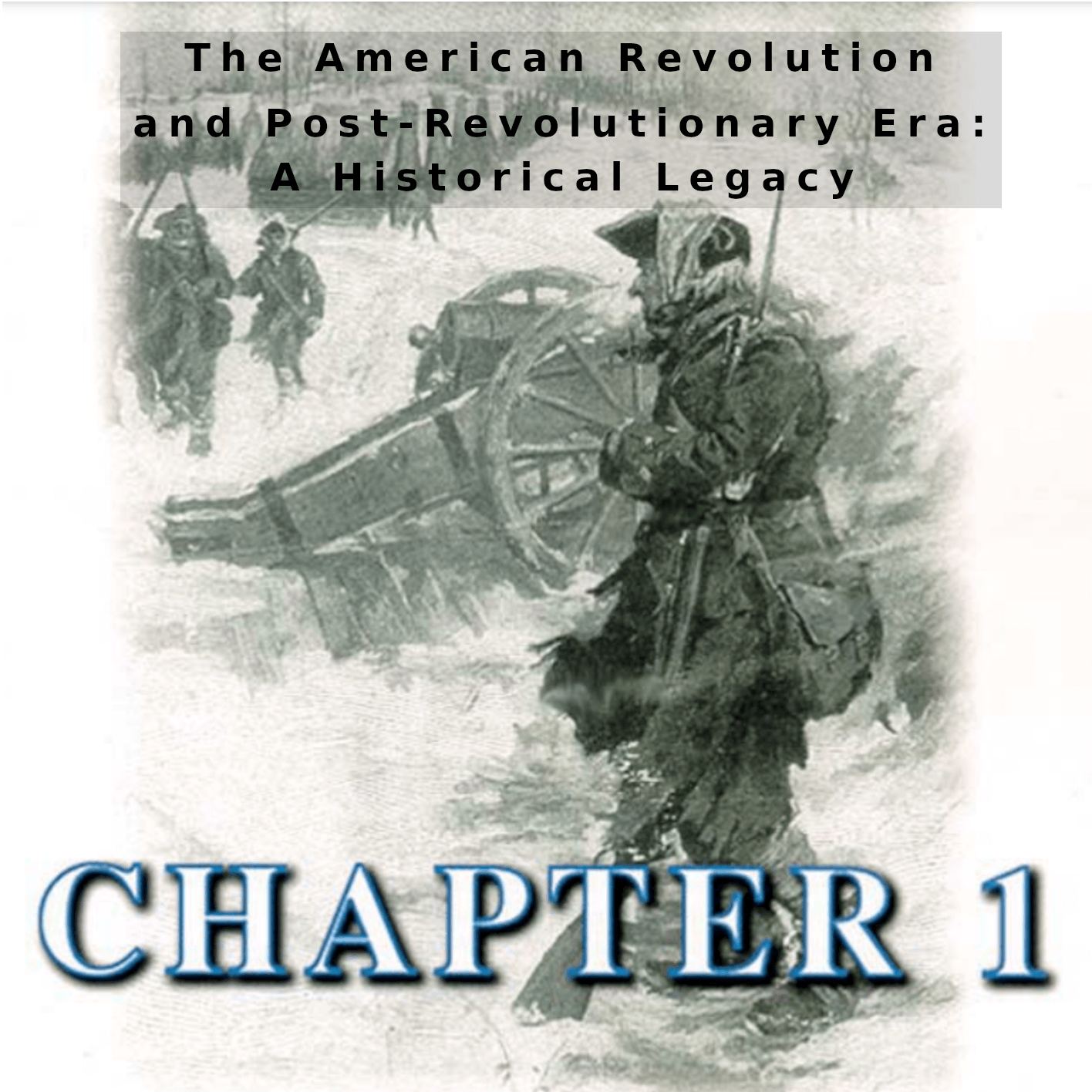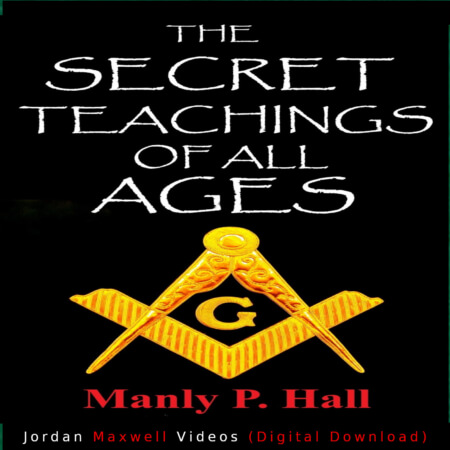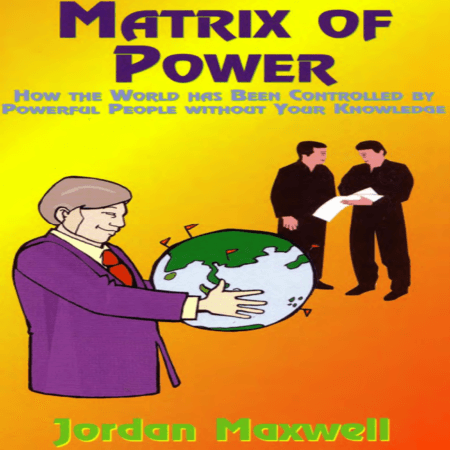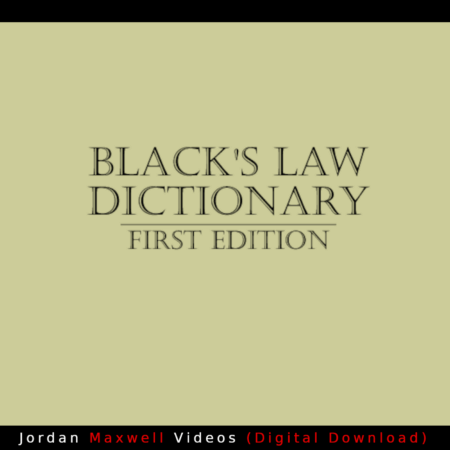Description
The American Revolution: A Fight for Freedom or Something More?
The American Revolution, Chapter 1 (1775–1783), is often remembered as a heroic struggle in which thirteen colonies broke free from British rule. Beyond the battles and declarations, however, lies a deeper story—one about sovereignty, control, and global power structures. Moreover, this lens aligns with commentary from researchers including Jordan Maxwell, who examine what changed and what quietly stayed the same.
Topics: American Revolution, sovereignty, hidden history, U.S. independence, global elites, Jordan Maxwell.
Why Did the Revolution Really Happen?
The official narrative emphasizes “taxation without representation.” While that grievance mattered, some researchers suggest larger forces were also at work. In addition, the conflict concerned who would control land, trade, credit, and the long-term future of America. Consequently, independence was not only a political break but a contest over resources and authority.
Sovereignty and Hidden Agendas
By declaring independence, America asserted sovereignty. What followed is equally important. According to this perspective, the Revolution may have replaced one elite with another—shielded by democratic forms and constitutional law. Furthermore, the founding era established financial and legal systems that, some argue, still bind citizens through contracts, credit, and compliance.
A Legacy That Still Shapes Us
The Revolution created a republic grounded in law and liberty. At the same time, it laid foundations for central banking, corporate governance, and expansive legal constructs. As a result, the promise of freedom often intersected with the practical demands of commerce, debt, and administration. Nevertheless, debates over local autonomy and national power continue to define American life.
- Law: Courts and codes standardized governance across states.
- Finance: Public debt and credit systems tied policy to markets.
- Commerce: Corporate charters and trade rules favored scale and reach.
Why Understanding the Revolution Matters
To understand modern America, you must understand the Revolution—not only the war but the structures that followed it. Therefore, a closer look helps explain how power operates, then and now. Ultimately, readers gain context for evaluating policies, rights, and institutions with more than slogans.
Own The complete 27-DVD collection
A comprehensive journey through Jordan Maxwell’s research.

Request Jordan Maxwell’s 27-DVD legacy collection for just $399. Act now while it’s on sale!
Jordan Maxwell 27 DVD Collection
© Jordan Maxwell Videos. All Rights Reserved.




 Jordan Maxwell Videos
Jordan Maxwell Videos



